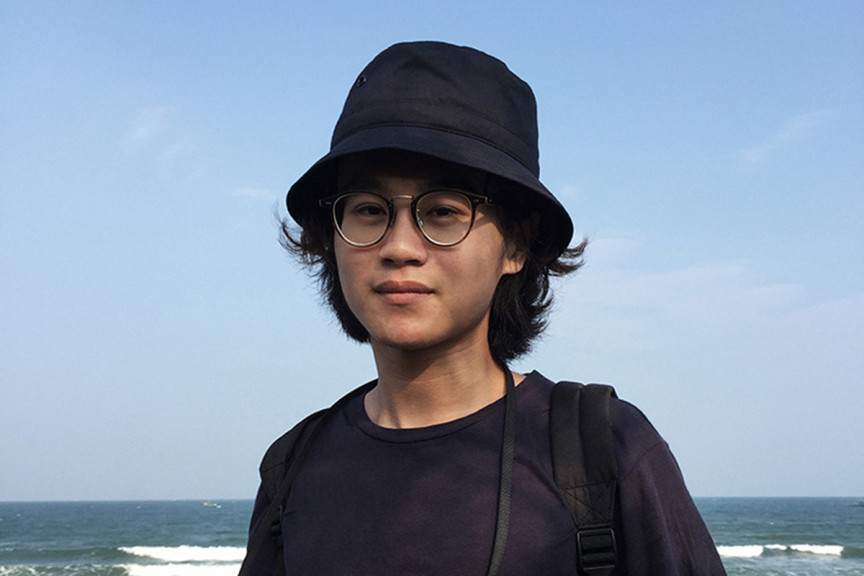Part 2 of SnappedAway In-Depth Series with Xuecong Lin. We talk about his work, process and inspirations.
Can you briefly introduce yourself and your photography style to our readers?
My name is Lin Xuecong and I am a freelance photographer from Shenzhen, China. My work speaks about the present moment in life and its relation to time, memory and change.
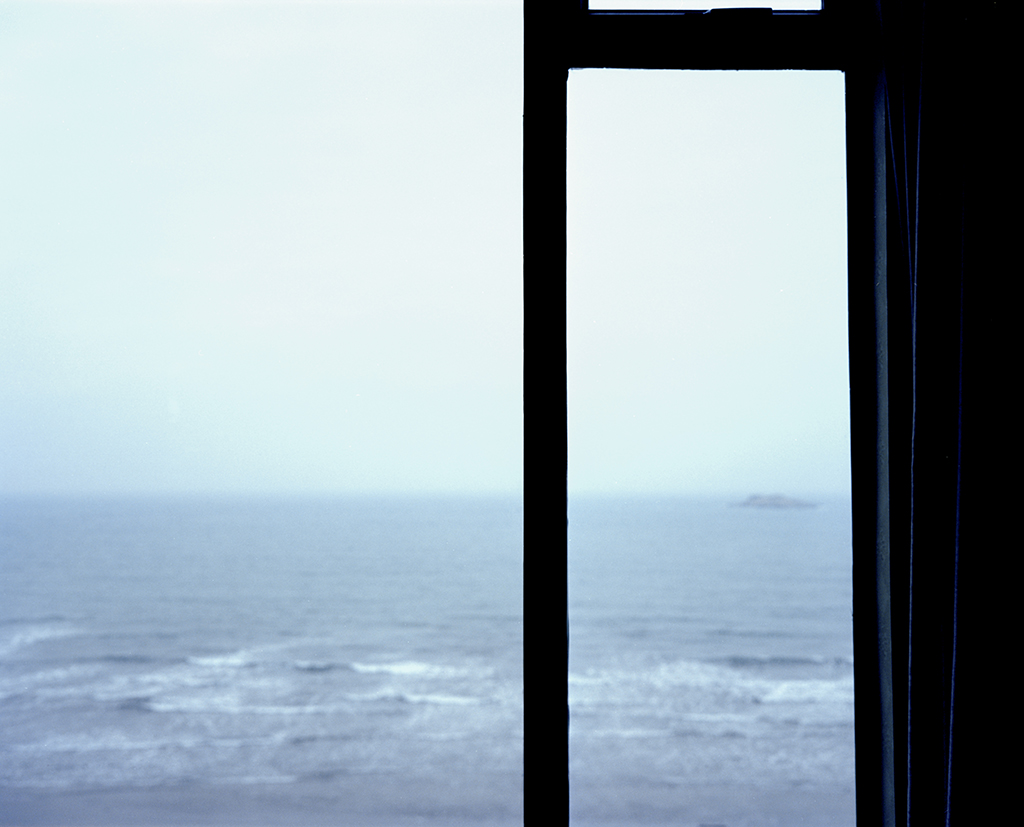
How did you get interested in photography?
My introduction to photography happened when I was a child, I received a film camera from my father. Photography’s capability to record a lot more memories than we as humans are able to remember – this crucial simple fact got me thinking and it was the start of my interest in the medium.
How did you learn how to shoot? And what did you find the most helpful source of information along the way?
I chose photography as my major in college. Photobooks are a constant source of inspiration and knowledge for me, pushing the boundaries of possibilities. The process of shooting and analysing what I shot made a deep impression on me, it sprouted a love and appreciation of everyday moments, the fragility of memories and the constant change of reality.
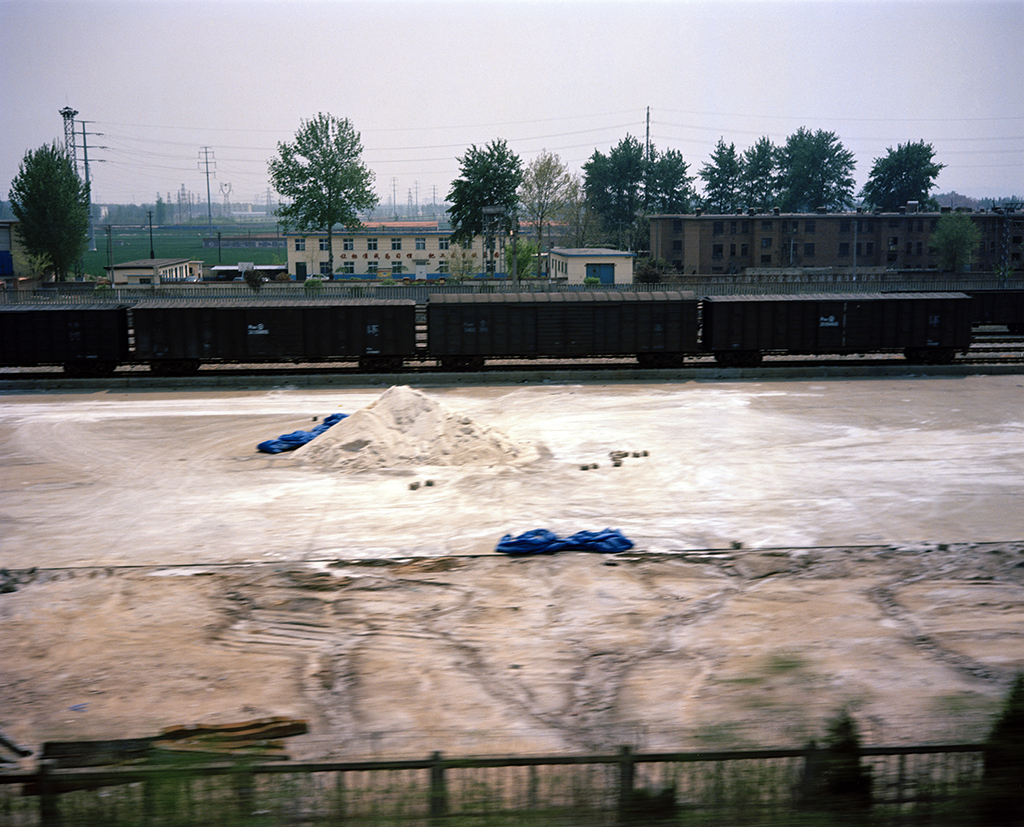
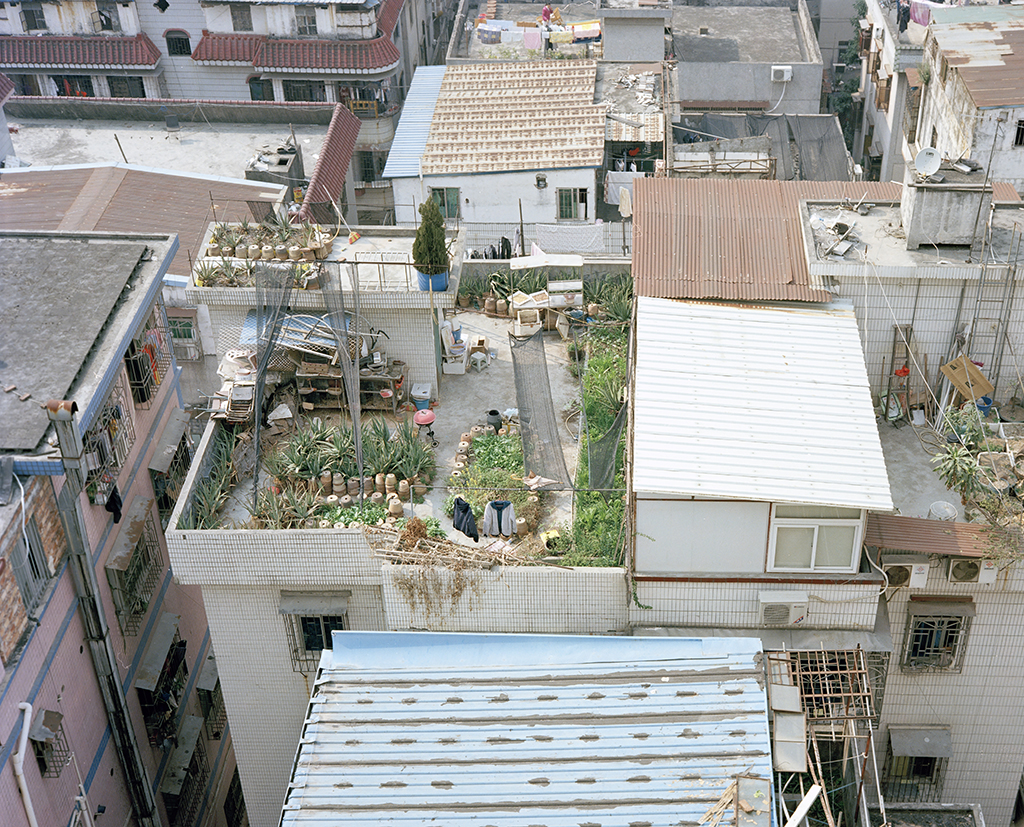
How about your photography style? Can you describe your journey to where you are right now?
My style keeps on evolving, I do my best to be flexible and adapt to whatever I am working on, it is more about the approach than a set visual rules. At the moment I am still working on the ‘Margin’ project, it is still very much in progress, very fresh, I keep on shooting as I still feel there is more to tell.
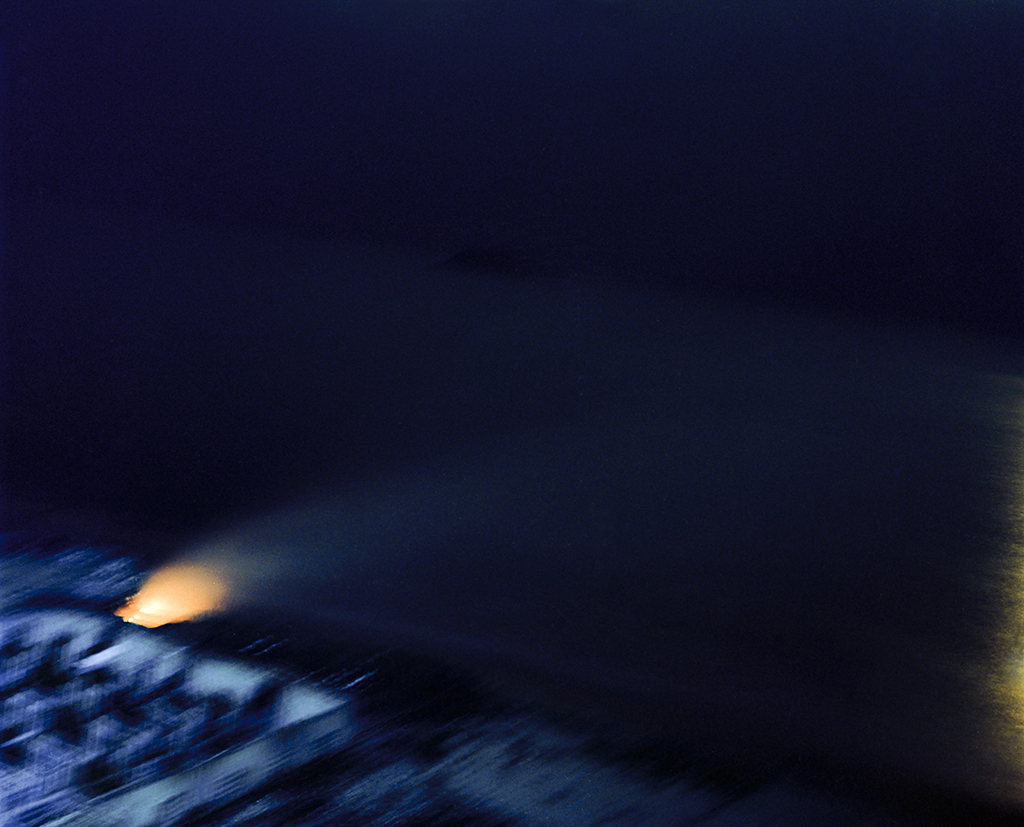
Do you remember your first most inspiring photographer/ photo book/ exhibition in your life? And how about other photography masters? How do they inspire you and how do they influence your photography style?
One of the more vivid moments is my photography was shooting a portrait of an elderly man, he was more than 90 at the time. I promised the print to him however, after developing and printing the image when I contacted the family in order to fulfil my promise, I learned he has passed away in the meantime. That was a breakthrough moment for me. The photograph was here, but the subject was gone. All that was left were memories and my image. The pure value of the basic function of photography, to hold memories for us in this ever changing reality is what stood out for me, loud and clear. If I am to name the masters of the medium, I admire Japanese photographers, such as: Nobuyoshi Araki, Toshio Shibata, Masao Yamamoto. Their work left me considering my place in life, my relation to the society and to time itself.
How do you work? Are you after a specific project or a single frame? Do you come with idea first or the idea finds you when you are shooting? How do you find your project ideas?
Since I have to work (earn the bread first, be creative later ha ha) I have the time to ponder my current as well as future projects. Each project then is an enactment of a preceding concept. That is all I need, I am always following my interests, no special conditions need to be met. It’s about developing the conceptual framework first and then finding the time to realise it.
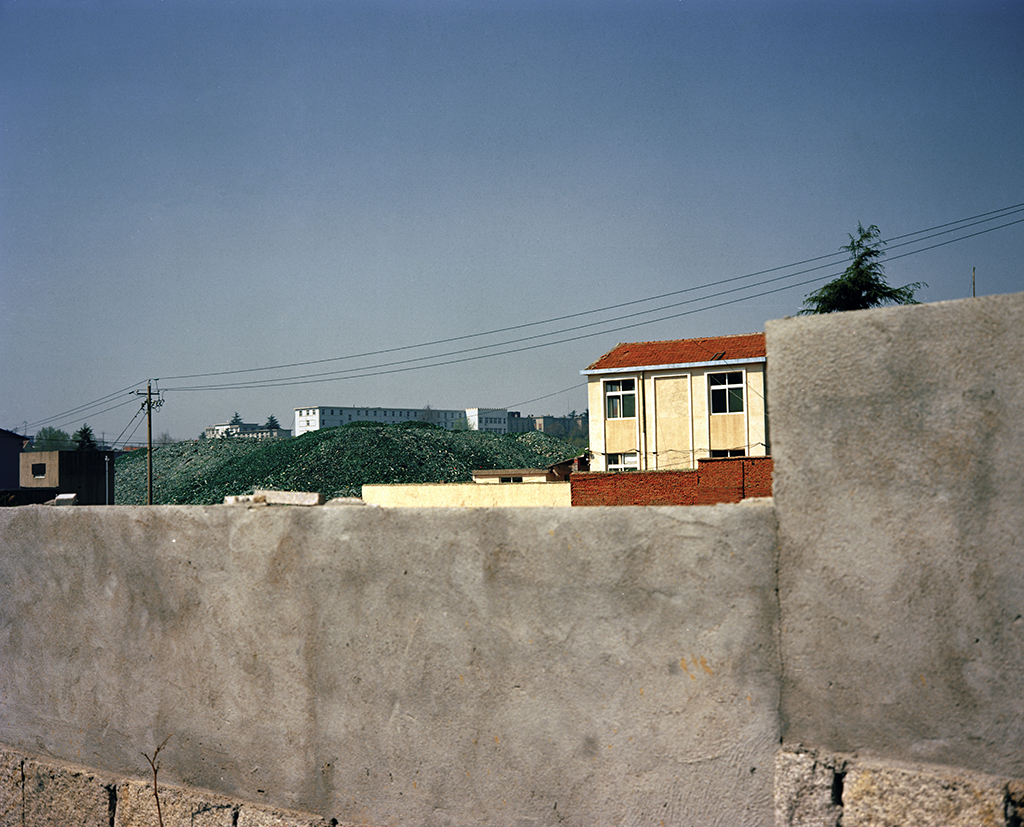
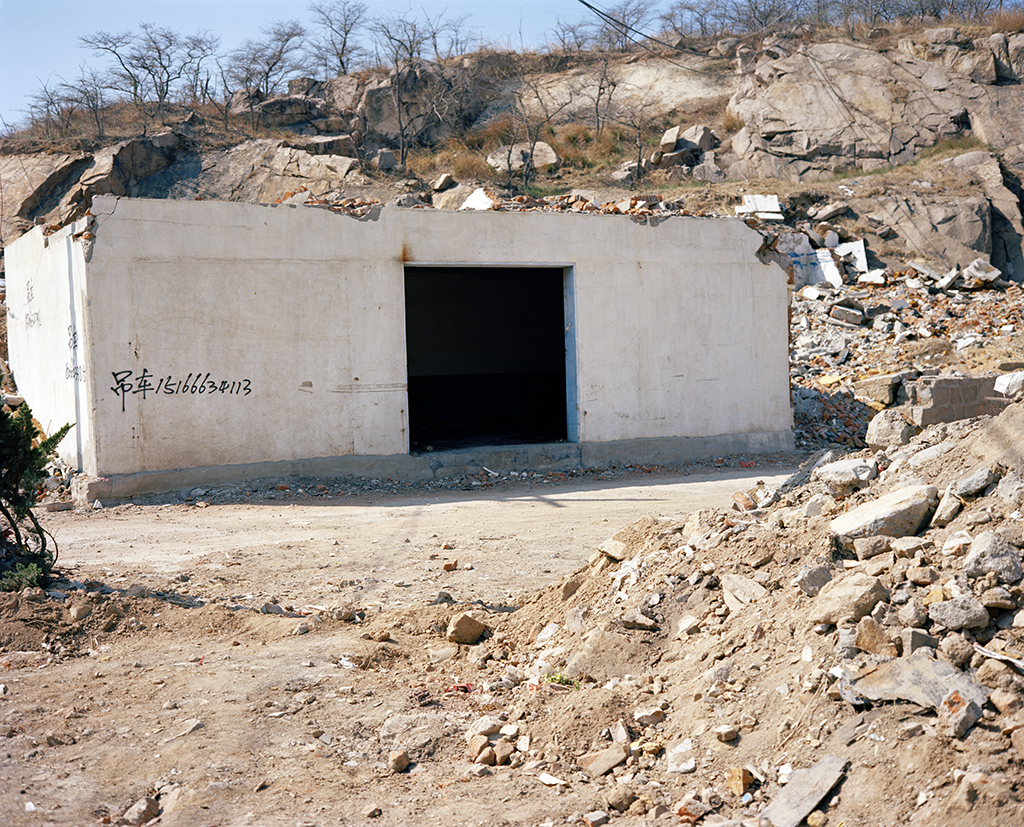
What is your favourite or memorable project/ photo you have worked on. Why? And also what is the project you will share with us?
I appreciate every single project I did, each for different reasons. They all taught me something new, for example thanks the currently ongoing ‘Margin’ I have learnt so much about the differences between the north and the south of China. The next big series I have in mind will relate to the memories of my father, but I’m still developing the framework.
What do you personally find challenging as a photographer?
You have to love life, chase after it, develop and deepen your interests, and then show all that in an image. I find this cycle exhilarating.
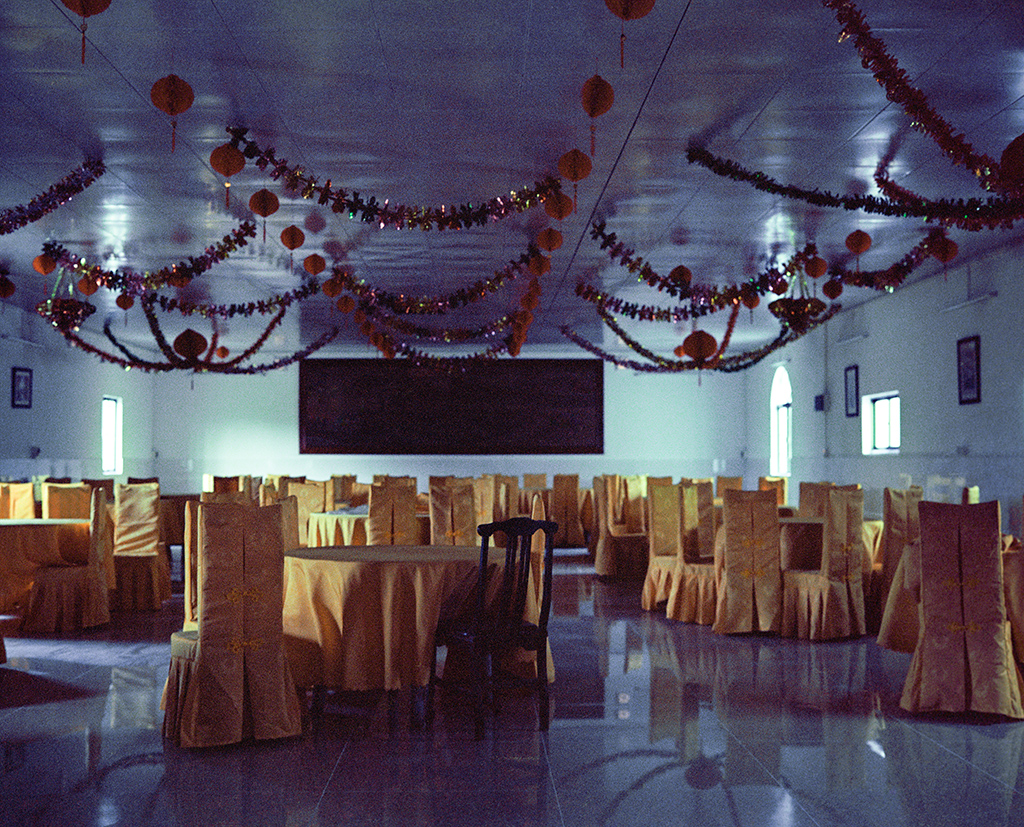
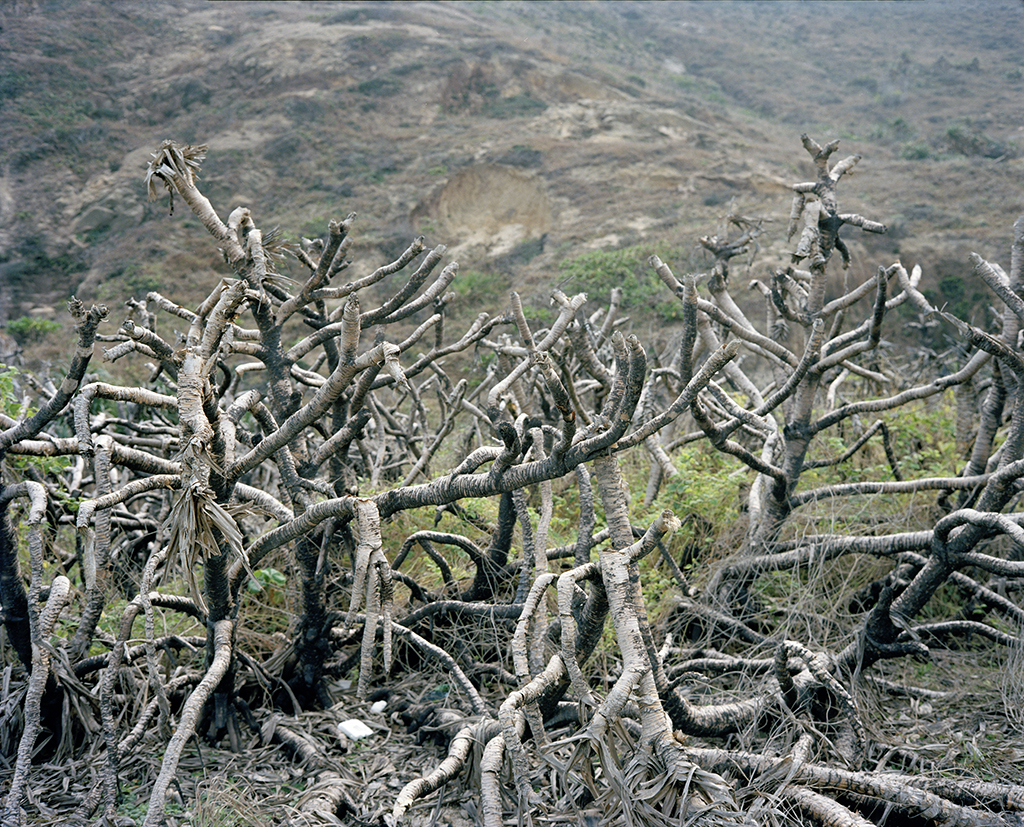
Do you have your favourite lens? Why this specific one? Favourite camera?
I do not have a favourite piece of gear, I use whatever is appropriate for the final result. Currently I’m shooting with a Makina 67 (6×7 exposures on 120 rollfilm) and Mamiya 7 II (also 6×7 on 120 rollfilm). I find them both very suitable for what I am after.
What is one piece of advice you would like to offer a person starting as a photographer.
I think as a photographer, you need to truly love life, be curious about the whole of society, try to deepen you understanding of it. This interest will be your entry point to the creative process.
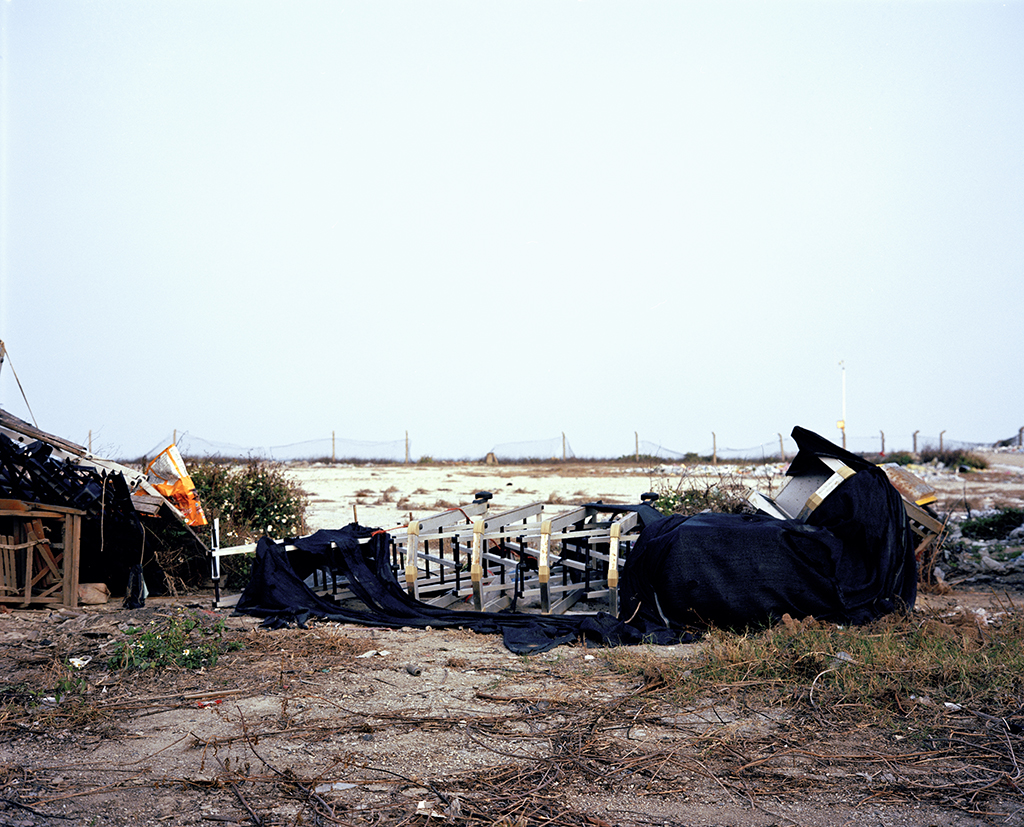
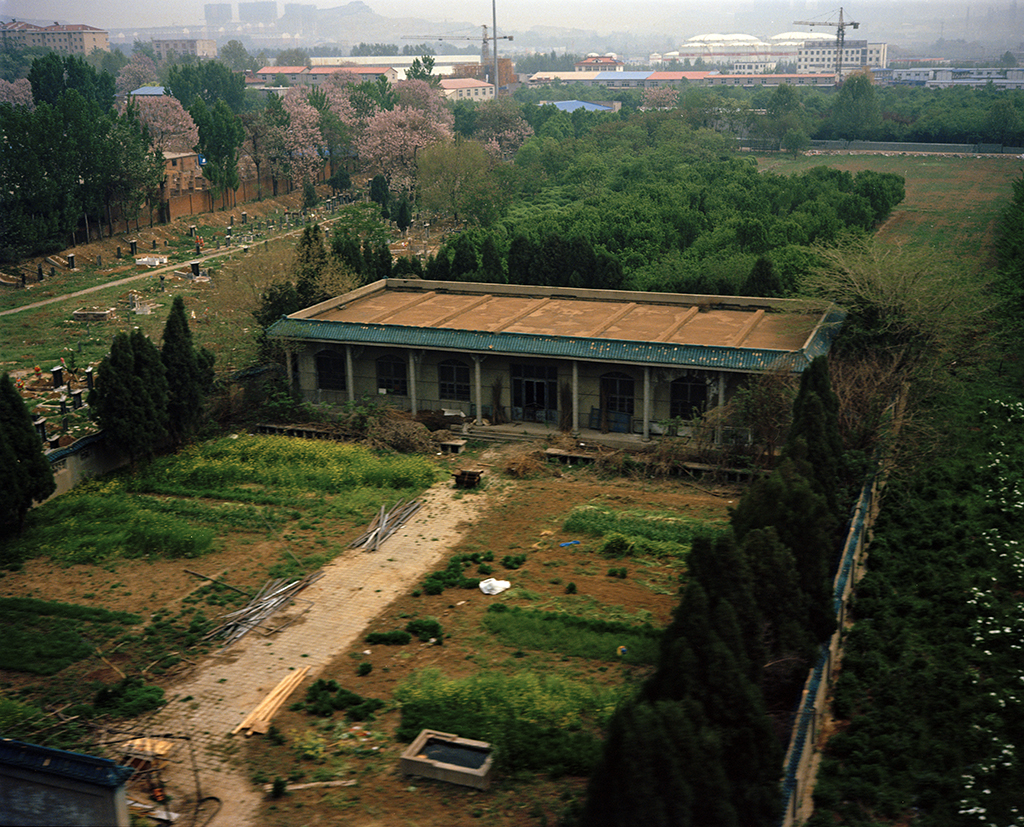
If you enjoyed reading this post check the previous blog entry with my introduction to Xuecong’s work and also stay with us for more of his photography.
Share this Post
Recent Posts

